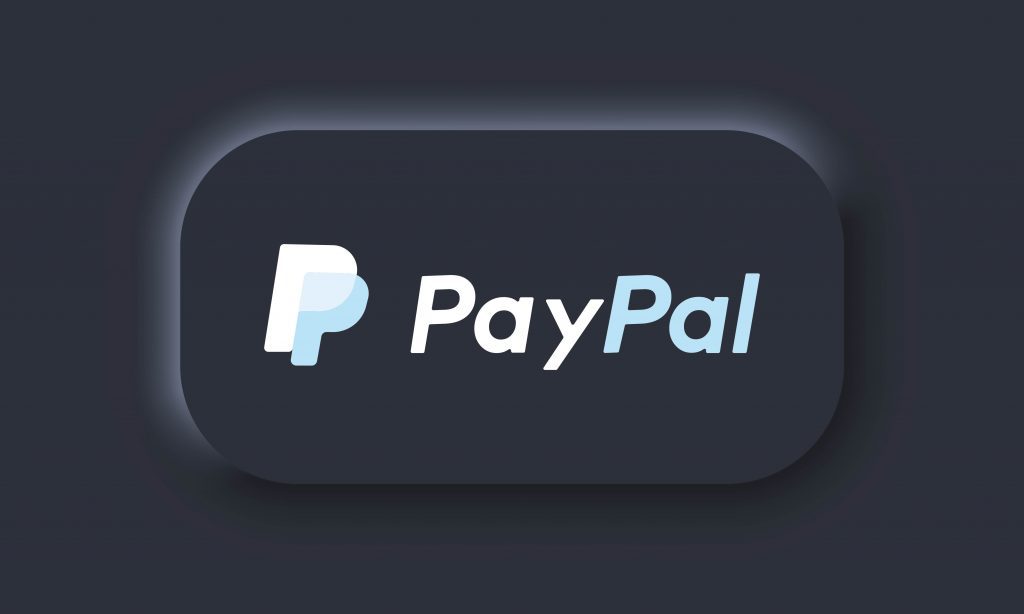While the value of stolen card credentials has dropped, the value of PayPal credentials has skyrocketed by 194%. For a recent project, Mercator reviewed patents submitted by a range of payments-related and high-tech firms, which included PayPal.
The PayPal book of patents stood out for the large number that were specific to authentication, account protection, and even detecting abusive accounts (US-2021201395-A1). Now we know why and need to hope banks are monitoring for unusual PayPal activity on accounts they hold:
“Accounts for PayPal are more lucrative than credit cards, according to Bischoff. Based on Comparitech’s research, the average price of a PayPal account on the dark web is $196.50, with an average account balance of $2,133.61. This figure means that buyers pay around 9.2 cents per dollar in the account. For 2021, the price of this type of account rose by 194% compared with the study from eight months ago.
The cost of a PayPal account varies based on type. An individual account costs $161.59 on average, a Premier account costs $186.31 on average, and a business account costs $246 on average.
Criminals who specialize in PayPal accounts steal their usernames and passwords, which they typically obtain through phishing or malware campaigns. The criminal either sells the account credentials to a buyer who drains the funds or transfers a certain amount of money from the victim’s account to the buyer. A hacker who captures PayPal account information can also steal money from any connected bank account or credit card.
Though credit cards, PayPal accounts and fullz are popular items on the dark web, other types of products attract buyers as well, Bischoff noted. Passports, driver’s licenses, streaming accounts, social media accounts, dating profiles, bank accounts, debit cards and even frequent flyer miles are up for sale. Most of the data snagged by hackers and other criminals is obtained through phishing attacks, credential stuffing, data breaches and card skimmers.”
Overview by Tim Sloane, VP, Payments Innovation at Mercator Advisory Group
